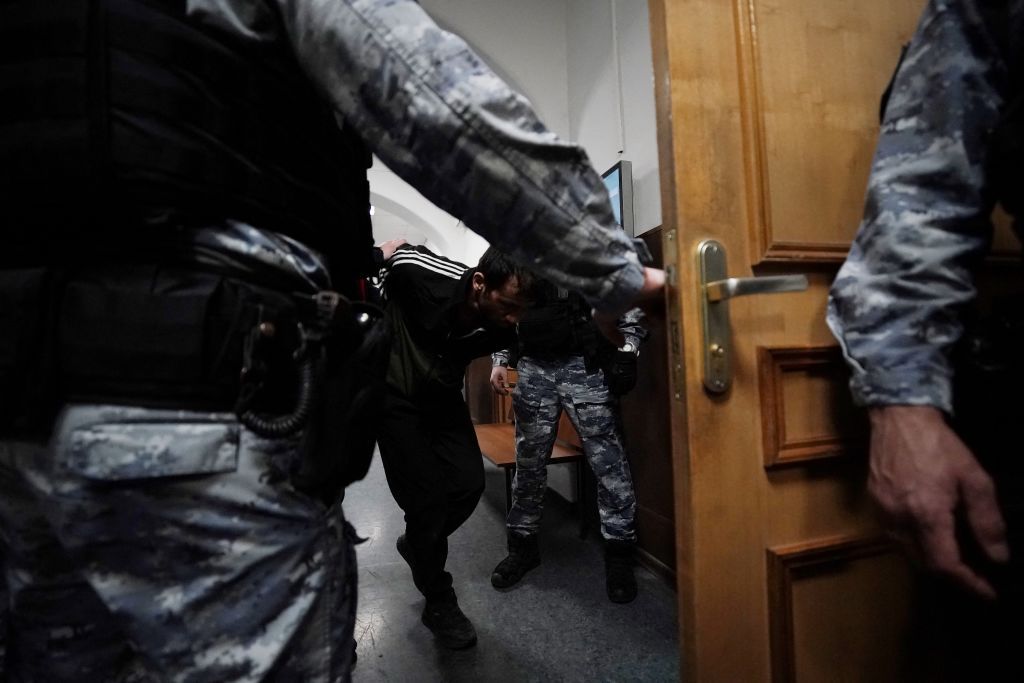all 139 people present — had bruises and cuts on their faces and bodies. One of the accused, identified as Gurdev Singh, said in court that he had been subjected to electric shocks and had his nails pulled out during his interrogation by Russian security forces. The men’s families also reported receiving threatening phone calls and warned not to speak about the torture. This incident highlights the widespread use of torture and abuse by Russian security forces, especially in cases of terrorism. The lack of accountability and oversight in these cases allows for such abuses to continue unchecked, further eroding the rule of law and human rights in Russia.
The recent terrorist attack in Moscow has also reignited anti-migrant sentiments in Russia, particularly towards individuals from Central Asian countries like Tajikistan. Following the attack, Russian authorities have conducted raids on dormitories and apartments housing Central Asian migrants, leading to mass deportations. Hundreds of individuals have been detained and ordered to leave the country, and reports indicate overcrowded detention centers and deportation flights leaving regularly. This crackdown on migrants not only violates their rights but also perpetuates a cycle of discrimination and violence against marginalized communities in Russia.
The Russian government’s response to the terrorist attack, including the torture of suspects and mass deportations of migrants, reflects a broader pattern of state violence and abuse of power in the country. The lack of transparency and accountability within Russian security forces allows for human rights violations to occur with impunity, undermining the rule of law and democratic principles. The targeting of migrants and minority groups in the aftermath of the attack further exacerbates existing tensions and fuels discrimination within Russian society. As a result, marginalized communities are left vulnerable to arbitrary detention, abuse, and deportation without due process or legal protections.
The international community must hold the Russian government accountable for its actions following the terrorist attack in Moscow and demand justice for the victims of torture and abuse. By supporting independent journalism and civil society organizations in Russia, individuals can help shine a light on human rights violations and advocate for accountability and transparency in the country. It is crucial to uphold the principles of democracy and rule of law, especially in the face of state violence and discrimination against vulnerable populations. By standing in solidarity with those affected by these injustices, we can work towards a more just and equitable society in Russia and around the world.
In conclusion, the recent terrorist attack in Moscow and the subsequent response by the Russian government highlight the urgent need to address state violence, torture, and discrimination in the country. The targeting of migrants and minority groups following the attack reflects a deeper issue of systemic injustice and abuse of power within Russian society. By supporting independent journalism and human rights efforts, individuals can help hold the Russian government accountable for its actions and advocate for justice and human rights for all. It is essential to stand against state violence and discrimination, uphold the rule of law, and promote respect for human dignity and equality for all individuals, regardless of their background or nationality.


